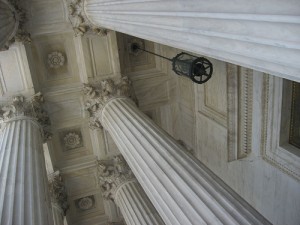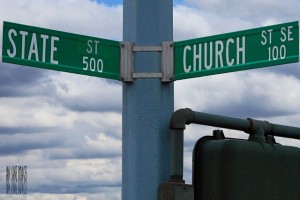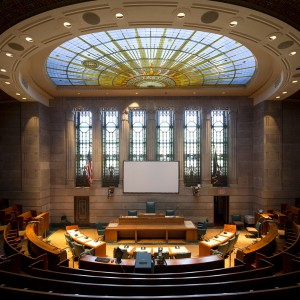If Attorney General Jeff Sessions has his way the answer will be yes he told the Senate Judiciary Committee shortly after two federal district courts temporarily prevented the third travel ban from going into effect.
The president’s March 6 executive order (the second travel ban) prevented people from six predominately Muslim countries from entering the United States for 90 days. In June, the Supreme Court temporarily prevented the ban from going into effect against those with a “bona fide relationship with a person or entity in the United State” until the Court could hear the case on the merits in early October.
The second travel ban was set to expire on September 24. That day the President issued a presidential proclamation (the third travel ban) indefinitely banning immigration from six countries: Chad, Iran, Libya, North Korea, Syria, and Yemen. Persons from some of these countries and Venezuela also may not receive particular non-immigrant visas. Following the presidential proclamation, the Supreme Court dismissed the case challenging the second travel ban.
Shortly before the third travel ban was supposed to go into effect federal district courts in Hawaii and Maryland issued temporary injunctions blocking it.





